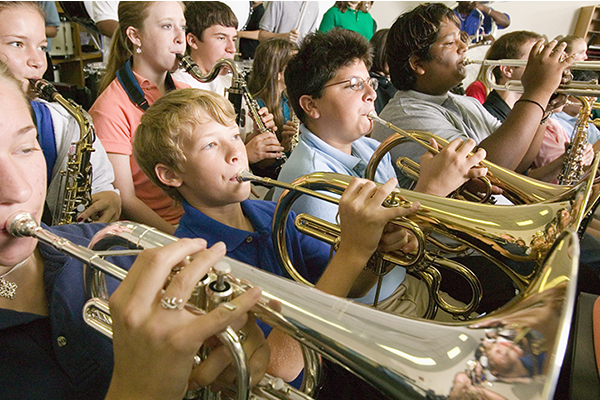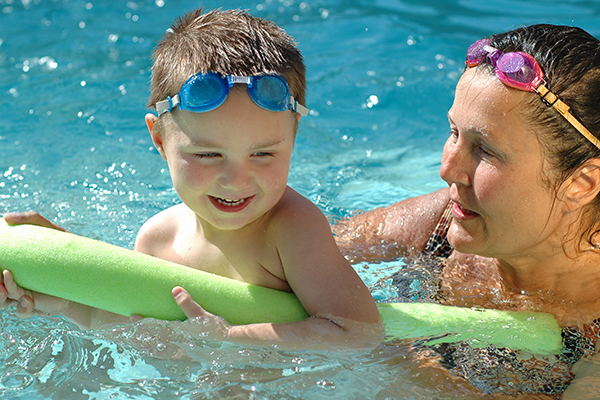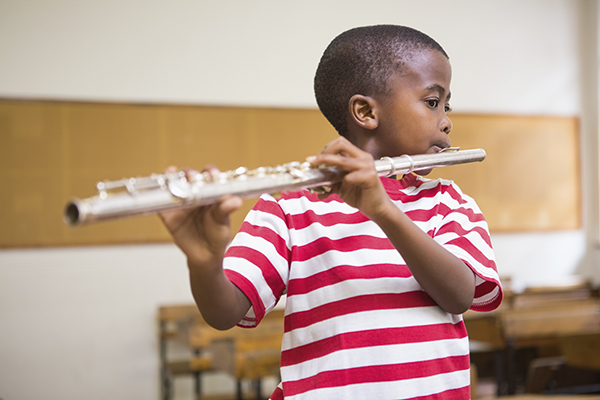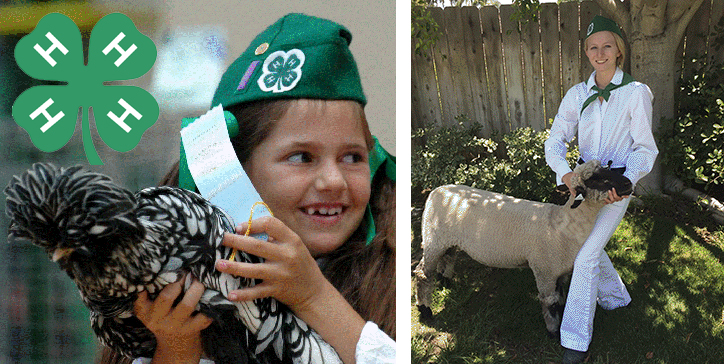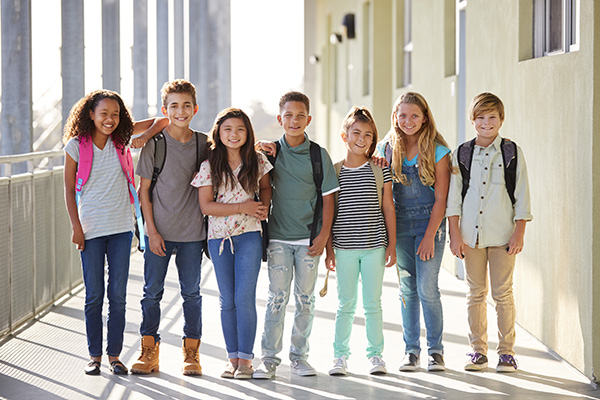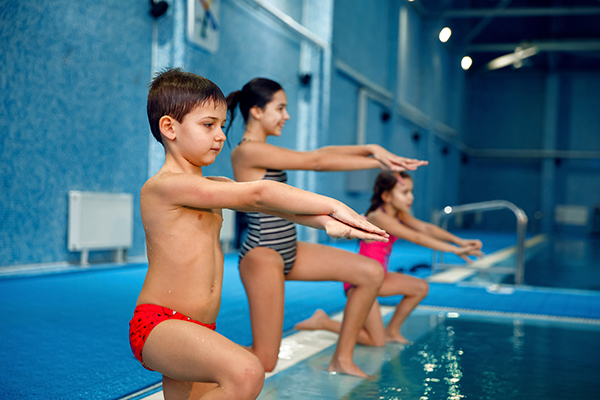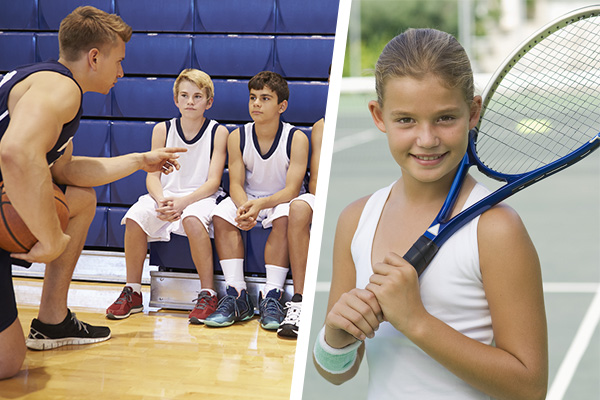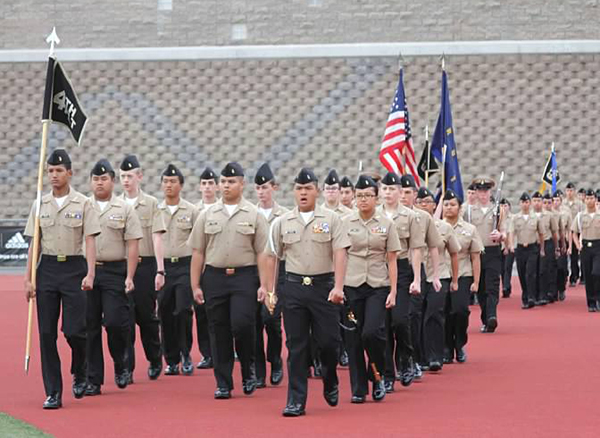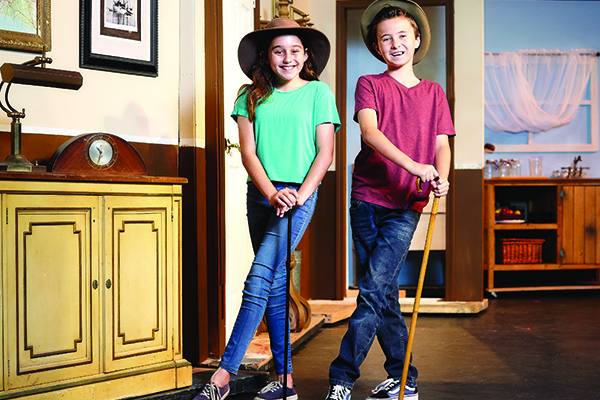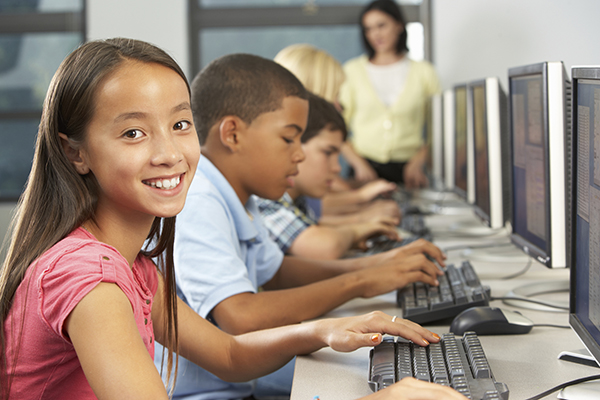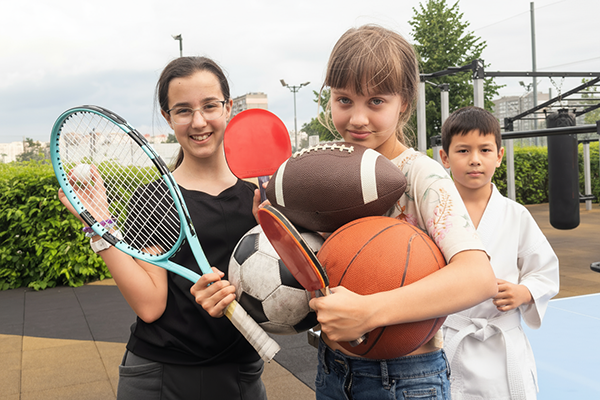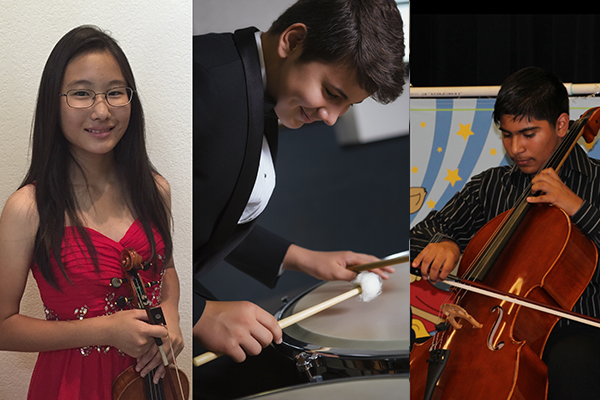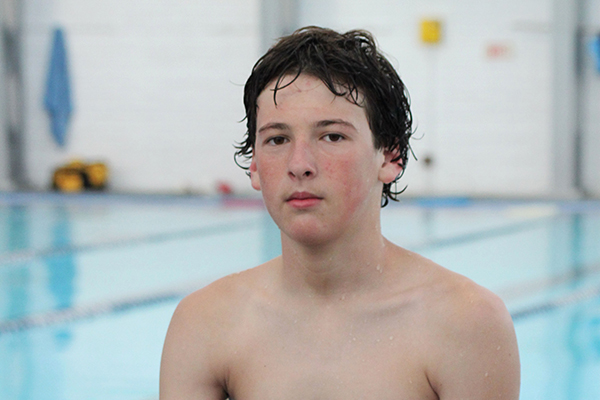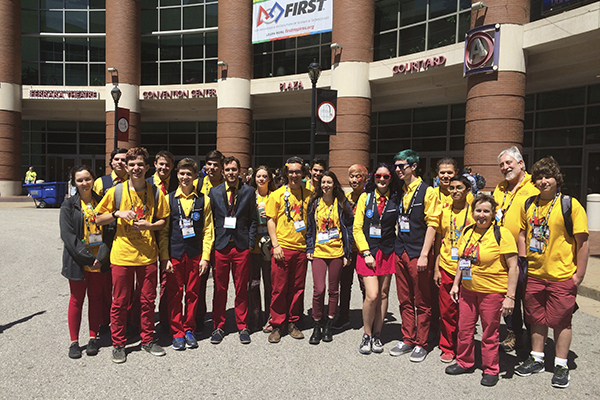
Discover STEM in Youth Robotics
Many parents encourage kids to pursue STEM-related careers (Science, Technology, Engineering, Math) and youth robotics programs offer one such option. Along with learning how to build “bots”, involved participants (and their parents) are often pleasantly surprised that robotics experiences involve much more than simply developing technical skills.
All participants—whether STEM-driven or otherwise—will benefit from the wide range of life lessons and practical skills honed in robotics.
Kids can become part of a competitive team, learn from professional mentors, improve problem-solving abilities, participate in fundraising, increase time management skills, recruit new members, experience leadership, strengthen communication skills and qualify for millions of dollars in college scholarships.
At the heart of robotics education, you’ll find the nonprofit FIRST (For Inspiration and Recognition of Science and Technology). FIRST’s mission is “to inspire young people to be science and technology leaders, by engaging them in exciting mentor-based programs that build science, engineering, and technology skills, that inspire innovation, and that foster well-rounded life capabilities including self-confidence, communication, and leadership.”
Globally, more than 400,000 kids (grades K-12) are involved with FIRST’s robotics programs, comprising more than 44,000 teams. Kids prepare for and compete in exciting, annual challenges that combine the thrills of sports competition with the rigors of science and technology.
Sarah Parkes, who participated in FIRST as part of San Dieguito Academy’s Team Paradox, discovered a newfound love of robotics.
“If I wasn’t on the robotics team, I don’t know where I would be now,” says Parkes. “Robotics is one huge family. We all depend on each other and I think that’s a big part of why our team is successful. [Team] Paradox has opened my mind to the possibilities in STEM and helped me build up a work ethic that assists me in my general education.”
Team Paradox is one of thousands of teams involved in the FIRST Robotics Competition (FRC) division, designed for grades 9-12. Teams of 10+ members design, build and compete with 120-pound robots. Working alongside professional mentors—including engineers and computer programmers—they develop both hardware and software skills. Team members are also responsible for non-technical competition elements, such as overall project management, marketing, general operations and strategic thinking skills.
According to FIRST, the documented benefits of FRC involvement are clear. Participation results in over 88 percent of members having more interest in school; 90 percent having more interest in challenging math and science courses; and 90 percent showing more interest in attending college. Participants are twice as likely to major in science or engineering.
It’s never too early to get involved; there are three other FIRST program options for younger children: FIRST Lego League Jr. (Jr. FLL) offers kids in grades K–3, the opportunity to design and build models out of Legos, using motorized elements. For grades 4–8, FIRST Lego League (FLL) teams build robots using the Lego Mindstorm-based platform and develop a related research project. Core values, such as gracious professionalism and teamwork are emphasized and awarded. The FIRST Tech Challenge (FTC) encourages kids in grades 7–12 to develop innovative engineering skills by building and programming robots from reusable kits.
University of California, San Diego engineering professor Geno Pawlak has also mentored an FLL team. “These robotics kids are the world’s future leaders,” he says. “They are bright, motivated, organized, and full of hope and vision. I can’t imagine a more productive activity for them to be involved with.”
In addition to FIRST programs, there are many other quality robotics opportunities across the county, including school electives, afterschool programs and camps. If your child’s school doesn’t have a program, check with community recreation centers, technology hubs or visit www.FirstInspires.org to get involved. Many teams start forming in September to plan the year’s activities.
Lisa Pawlak is a contributing writer and enthusiastic robotics volunteer.
Local Robotics Programs
FIRST -- LEGO League, Tech Challenge and Robotics Competition
San Diego FIRST Tech Challenege -- Teams must complete registration by 10/1/22
Global Reach of FIRST (For Inspiration and Recognition of Science and Technology)
- 400,000+ students
- 44,000+ teams
- 37,000+ robots created
- 100,000+ mentors/adult supporter roles filled
- $22 million+ in college scholarships


